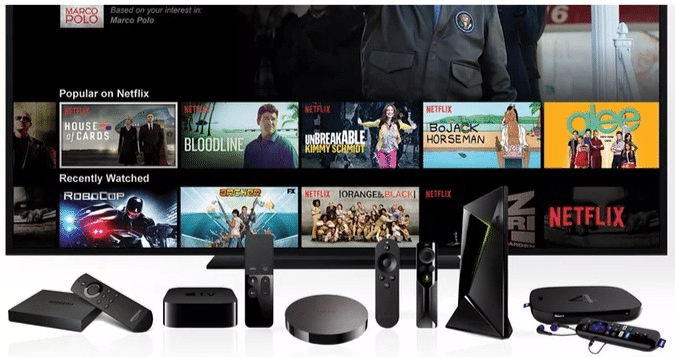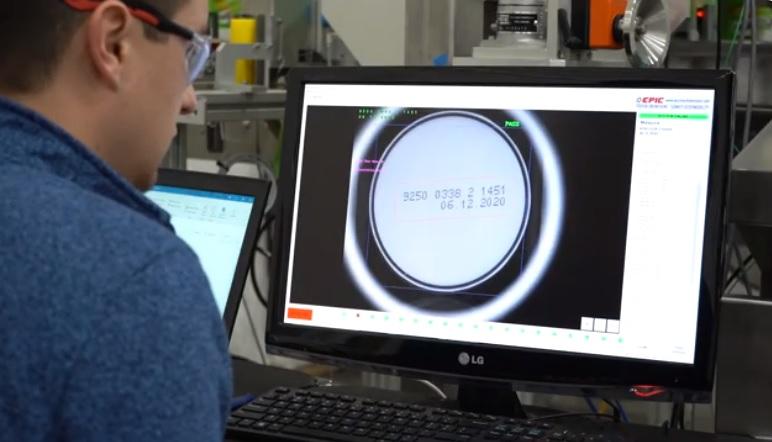Web crawlers and web scrapers are two essential data collection tools that have helped define the digital era. But even so-called online experts often get the two mixed up, and you’ll find that many websites freely interchange the terms.
Although both crawling and scraping appear similar on the surface, it’s essential to be able to distinguish them if you’re interested in implementing either (or both) for your business.
Difference Between Web Crawling and Web Scraping
Read on to learn about the differences between crawling and scraping and how businesses use them to compete in an ever-changing digital landscape. By the way, this is only one of the ways to differentiate these terms by – there are many opinions out there.
Telling the Difference
Web crawling and web scraping are two terms that often get mixed up online. Many online sources even use the two interchangeably. Both crawling and scraping are data collection processes that use many of the same techniques. The primary distinction lies in the type of data that are collected and, more importantly, what it’s used for.
Web crawling is the data collection technique that powers search engines like Google. It involves scanning for links within a list of seed web pages. The crawler visits all the pages of a website, scans for links, then visits those links, and so on. As it crawls through these pages, a web crawler keeps an index of the pages it visits and their relationship to one another.
Web scraping is the process of extracting particular information from a webpage or server to gain insights. The data gathered from web scraping can be used for data analysis or processed and served to customers in a new form.
What are they looking for?
A simple method for distinguishing between the two is by looking at the type of data they collect.
Web crawling collects general information about a web page. A web crawler begins with a list of starting addresses and rules to follow (e.g. what kind of file types to scan for, how deep to explore). It then downloads anything and everything that fulfils the conditions of those rules, starting from the seed addresses and branching out to other pages via the links embedded within it.
Conversely, web scraping is far more specific. A web scraper accesses a page or server, usually formatted for display by a browser, and searches for the data it wants to extract. There are many methods for doing this, from trawling through a page’s HTML code to using machine learning algorithms to decipher relevant data from a screenshot of the page.
How Businesses Use Crawlers and Scrapers
Both web crawlers and web scrapers have played critical roles in the shaping of the business landscape in the digital age.
Web crawlers are a fundamental part of how search engines work. They use web crawlers to scour the internet, visiting link after link in efforts to create a complete index of every single web page. Often these web crawlers will extract a copy of a web page for their cache to speed up search results and their user experience.
Millions of blog posts are created every month– imagine how many thousands of crawlers a search engine would need to keep up!
Some businesses use web crawlers to automate processes involved in web maintenance. For example, a web crawler can regularly look through every page in your server and flag any dead links or non-standard HTML code.
Web scrapers have grown to become a significant driving force in modern marketing. They are used to collect sentimental data so that marketing teams can get a better understanding of how customers respond to specific actions, products, or brands. For instance, By targeting social media platforms and hobbyist forums, a shoemaker can see how their target demographic feels about their newest sneakers in real-time.
Web scraping has also birthed entirely new industries. Travel aggregators are only made possible by automated data extraction by web scrapers. They gather ticket and hotel price information from airline websites and travel agencies to get you the latest prices. They can also compare ticket and hotel prices to get you the best deal for the date you plan to travel.
Choosing the Right Tools
Knowing the techniques is just half the battle, you also need to pick the right tools for the job! There are tons of different web scraping and crawling service providers available online. If you have experience with coding, you can even learn to build your own without spending a dime.
So why doesn’t everyone make their tools? Well, the fact is crawlers and scrapers are incredibly complex tools. You need expert knowledge about the latest anti-scraping measures, how to get around them, different data extraction methods, and a million other details that could take you forever to learn. Many tool providers also come with a proxy solution for active crawling or scraping.
If you’re not ready — or can’t afford — to hire on a team dedicated to maintaining your in-house crawler or scraper, you’re better off trusting the professionals. The right tools with the correct proxy provider could save you a lot of time, resources, and headaches in the long run.




